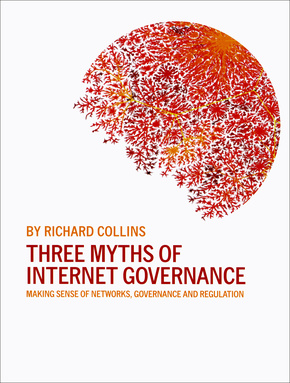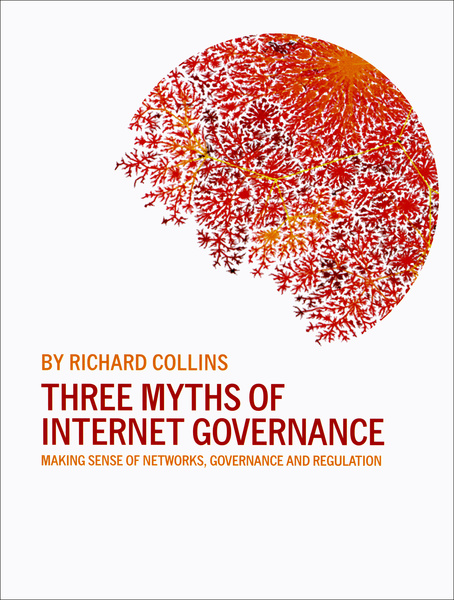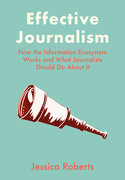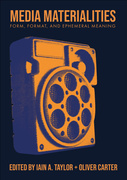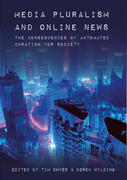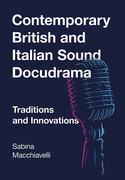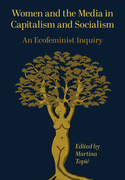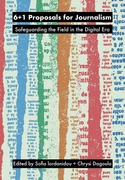Three Myths of Internet Governance (Book)
Making Sense of Networks, Governance and Regulation
The Internet is a global medium that defies and sometimes even replaces established media, yet ideas about it are largely biased by a U.S. perspective. This book draws on European and African examples to challenge three established myths about the Internet: that the market can decide its future path; that the Internet is different from “legacy” media; and that national governance is unimportant. Based on extensive empirical research (including interviews and participant observation in international governance at a United Nations World Summit), Three Myths of Internet Governance will appeal to media studies scholars and students, policy makers, and regulators.
Edition
The Internet is a global medium that defies and sometimes even replaces established media, yet ideas about it are largely biased by a U.S. perspective. This book draws on European and African examples to challenge three established myths about the Internet: that the market can decide its future path; that the Internet is different from “legacy” media; and that national governance is unimportant. Based on extensive empirical research (including interviews and participant observation in international governance at a United Nations World Summit), Three Myths of Internet Governance will appeal to media studies scholars and students, policy makers, and regulators.
Richard Collins is Visiting Professor at the LINK Centre; Visiting Professor at Swinburne University of Technology, Melbourne; and Professor of Media Studies at the Open University, United Kingdom.
'The real gifts of this book. There are two. There is a very detailed and accessible history and description of the entanglements of the British government with internet governance and of the impact of the internet on the British media industries. British policy-makers and students of internet governance, as well as those interested in comparative analyses, should find this quite valuable. The second is the use of important thinkers such as Max Weber, John Rawls, and Nancy Fraser to think about macro-level effects of internet governance. Efforts to understand just how it is that the internet has changed the material and social environment and how we relate to it must utilize theories native to the contemporary environment but will go the furthest if they start by seeing what key social theorists can tell us about the new environment before going on. There is too little of this kind of analysis available; in this book, Collins thus adds to the reading list of those in graduate seminars around the world who are studying the internet and society ... the discussion of British detail and the engagements with important theorists should keep this book on the shelf for a while' – Sandra Braman, New Media and Society
'Does a fine job of dragging media studies kicking and screaming into the age of ‘medium studies’, the convergence of all media onto the Internet”; “successfully marrying policy-oriented and theoretical work” ... has both immediate pertinence and longer-term substantive analysis”; “very well-informed and well-researched analysis”; “much recommended”' – Chris Marsden, The International Journal on Media Management

